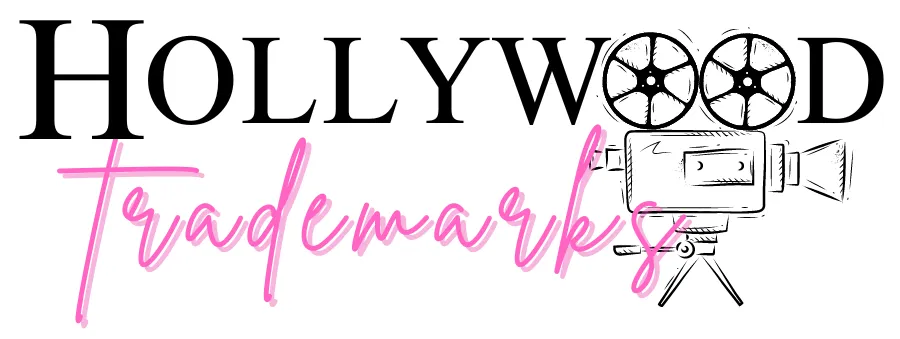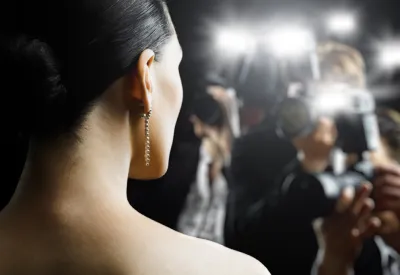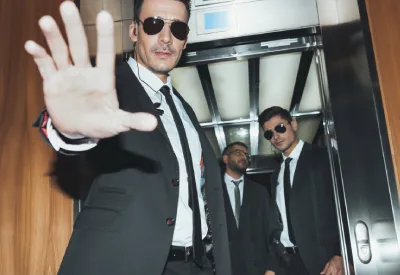COPYRIGHT FIGHT:
Fighting Against
Infringers

Over 70% of people using someone else's content on social media are breaking copyright laws.
Was your work stolen off social media?
Did someone steal your photo, video, reel, or story off social media?
Did you know you could be entitled to statutory damages, profits, legal fees and more?
You may be entitled to financial compensation.
Fill out the below form to have our legal team evaluate your case.
Case Evaluation
If your case qualifies, a member of our legal team will reach out to you within the next two weeks to gather additional information.
You Acknowledge: The information provided by our website is not legal advice and cannot create an attorney-client relationship. Your choice of an attorney is important and should not be made solely based on advertising. While past results indicate legal experience, they do not guarantee future success with your claim. You will not need to travel to pursue a claim, our lawyers will handle your claim virtually or travel to you if necessary.
FAMOUS COPYRIGHT INFRINGEMENT CASES
Just because you're in the photo does not mean it belongs to you...
Saeed Bolden
vs. Kim Kardashian
Photographer Saeed Bolden filed a court case in New York District Court against Kim Kardashian and Skims Body, Inc. Bolden is a professional photographer who licenses his photographs for a fee.
Kardashian allegedly violated Bolden's copyright (U.S. Copyright Office Registration Number VA 2-145-770) when she posted a photo owned by Bolden of herself and Kanye West on her Instagram page.
The case settled out of court for an undisclosed amount.
Steven Mitchell
vs. Lebron James
Steven Mitchell filed a court case against Lebron James in the Southern District Court of New York for copyright infringement for posting Mitchell's photograph to Facebook without licensing the work.
James allegedly violated Section 501 of the Copyright Act by his unauthorized use of and public display of Mitchell's photograph taken of Lebron James during a Miami Heat basketball game.
The case settled out of court for an undisclosed amount.
Backgrid USA, Inc.
vs Lisa Rinna
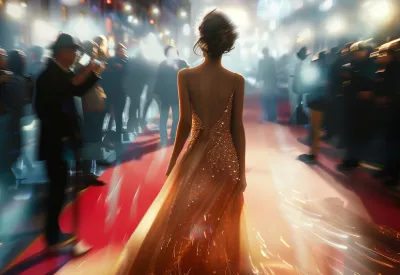
Backgrid filed a $1.20 million court case against Lisa Rinna. Backgrid, one of Hollywood's largest celebrity photograph agencies, licenses to media outlets such as TMZ, the Daily Mail, and People Magazine.
Rinna allegedly violated 8 copyrights when she posted photos owned by Backgrid of herself to Instagram encouraging fans to "share" the photographs proliferating infringements & devaluing the photographs.
The case settled out of court for an undisclosed amount.
Fair Use of Copyrights
vs.
Using for Profits & Promotion
_________________________________________
The Fair Use Defense
Fair use is a defense that is used in court as a response to copyright infringement claims. However, it is best to avoid ever needing to use this defense by not using someone else's work without their explicit consent.
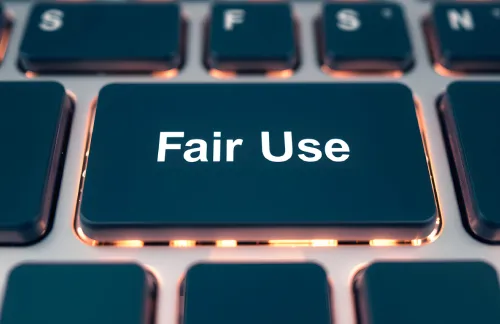
Four Factors are used to Measure "Fair Use"
The purpose and character of your use. This is the most important factor. For example, did the infringers use the work to promote sales of products, to gain social media followers or subscriptions, versus a use for educational non-profit purposes?
The nature of the copyrighted work. Was the work published or publicly accessible in some form, for example through social media or a website? If not, and the work was unpublished, the scope of fair use is far narrower as authors have the right to control the first public appearance their work.
The amount and substantiality of the portion taken. This comes down to how much of the work the infringer took. A 5-second clip from a video, versus a 60-second clip is much more substantial.
The effect of the use upon the potential market. If the infringer deprived the owner of income by making the work more widespread or tainting its value.

Copyright Infringement's Statutory Damages
_________________________________________
Statutory Damages
Copyright infringement is one of the very rare areas in civil law where statutory damages are award. This means that the amount of damages awarded is stipulated within the law, rather than being calculated based on the degree of harm to the plaintiff.
Awards for Statutory Damages
If the infringement is unintentional: The court has the discretion to award anywhere between $750 to $30,000.
If the infringement is successfully proven to be committed willfully: The court has the discretion to award the author up to $150,000. Willful infringement can be proven if, for example, the infringer ignored or removed copyright warnings from the stolen work.
Copyright Frequently Asked Questions
What is the difference between a copyright, trademark, and patent?
A copyright is for work you create. Which is independently created by a human author and has a minimal degree of creativity. Examples include, books, videos, photographs, graphic designs, and sculptures. The Supreme Court has stated that, to be creative, a work must have a “spark” and “modicum” of creativity. Read more at the U.S. Copyright Office.
A trademark is for brands, think Nike®, Amazon®, Starbucks®, or Apple®. A trademark is what is used in commerce for a company or brand.
A patent is used to protect novel (new) technical inventions, such as chemical compositions, a mechanical process, new or improved consumer good, biotechnology therapy, computer software, and much more.
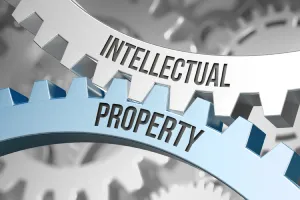
Is it worth it to register a copyright for my work?
The cost to file a copyright registration for your work is between $45 - $65 at the U.S. Copyright Office. However, the filing fee is worth its weight in gold if someone infringes on your work.
Those who filed and are granted a U.S. Copyright registration, within three months from the date you published your work to the public, can go after statutory damages and attorney fees. However, your enforcement power is greatly diminished if you did not timely file a copyright application within this period.
If you are a content creator, bundling your content, up to 750 photographs, or all your stories or reels combined into one application filed each month, is a great way to keep up-to-date on your copyright protections.
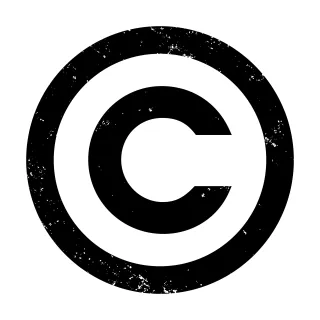
What types of work can I file a copyright for?
Photographs are a great example of works that you can file a copyright for. If you are a professional photographer, or Selfie King or Queen, you can file up to 750 photographs per U.S. Copyright application. Read more at the U.S. Copyright Office.
Videos are another popular filing at the U.S. Copyright Office. Taking your videos, reels, stories, short-films, or movies and filing at the U.S. Copyright Office ensures you are protected in the event that someone steals your work.
Literal elements such as a script, book, training program, or even the HTML code from your website, can be filed under a U.S. Copyright application.
Graphic designs, some logos, and sculptures can also be filed at the U.S. Copyright office for protection. As long as the design is creative and unique enough to get through the U.S. Copyright Office's examiners.

Disclaimer: The information contained on this website is provided for informational purposes only and should not be construed as legal advice. Hollywood Trademarks™ provides the information contained on this site for general informational and educational purposes only and should not be construed to be legal advice or a substitute for legal counsel. This website is an advertisement for the services of Hollywood Trademarks™. The information provided by our website is not legal advice and cannot create an attorney-client relationship. Your choice of an attorney is important and should not be made solely based on advertising. Should you have questions or need legal advice, please contact an attorney. Copyright © 2024. All Rights Reserved. Hollywood Trademarks.™
Safeguard Your Brand with Hollywood Trademarks™
Disclaimer: Hollywood Trademarks™ cannot guarantee a particular result or outcome. There are no guarantees that any filed trademark application will result in a registration at the USPTO, or that a trademark search will increase the likelihood of a trademark application registering. Although we may offer an opinion about possible results regarding your trademark application, we cannot guarantee a particular result. Trademark Examining Attorneys at the USPTO have subjective opinions and reviews, which may vary based upon the Examining Attorney assigned to your application. *Non-substantive office actions typically include accepting USPTO disclaimers, request for translation, substitute specimen filings, or any responses requiring one hour or less of attorney work. Substantive office actions, such as likelihood of confusion rejections or to challenge a disclaimer, are not included and will be priced based upon the complexity of the response.
The information contained on this website is provided for informational purposes only and should not be construed as legal advice. Hollywood Trademarks™ provides the information contained on this site for general informational and educational purposes only and should not be construed to be legal advice or a substitute for legal counsel. This website is an advertisement for the services of Hollywood Trademarks™. The information provided by our website is not legal advice and cannot create an attorney-client relationship. Your choice of an attorney is important and should not be made solely based on advertising. Should you have questions or need legal advice, please contact an attorney. Copyright © 2024. All Rights Reserved. Hollywood Trademarks.™
© 2024 Hollywood Trademarks - All Rights Reserved.

